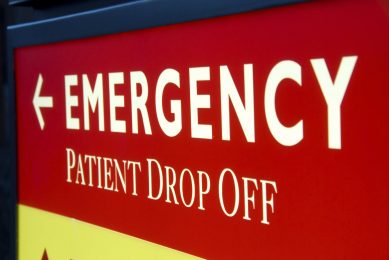The growing ranks of older U.S. citizens and the Affordable Care Act (APA, or “Obamacare”) add up to a need for more and more physicians as time goes by, but a new study says the number of qualified physicians is not keeping pace. The research from the Association of American Medical Colleges (AAMC) points to shortages among specialties, in particular. The portion of the U.S. population over the age of 65 is expected to grow …
Read More









